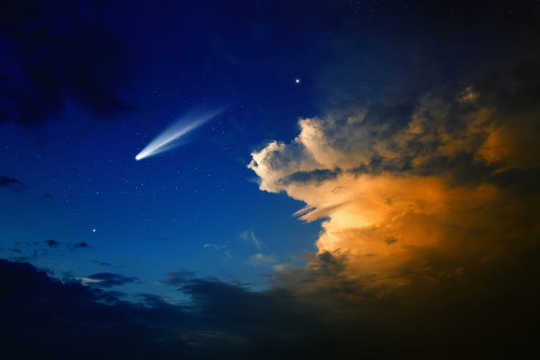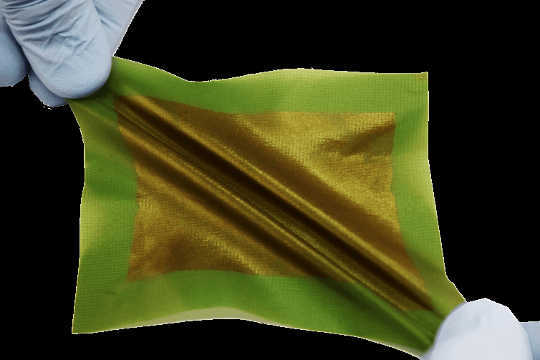 The energy-generating potential of solar panels – and a key limitation on their use – is a result of what they’re made of. Panels made of silicon are declining in price such that in some locations they can provide electricity that costs about the same as power from fossil fuels like coal and natural gas. But silicon solar panels are also bulky, rigid and brittle, so they can’t be used just anywhere.
The energy-generating potential of solar panels – and a key limitation on their use – is a result of what they’re made of. Panels made of silicon are declining in price such that in some locations they can provide electricity that costs about the same as power from fossil fuels like coal and natural gas. But silicon solar panels are also bulky, rigid and brittle, so they can’t be used just anywhere.
- By Peter Atkins
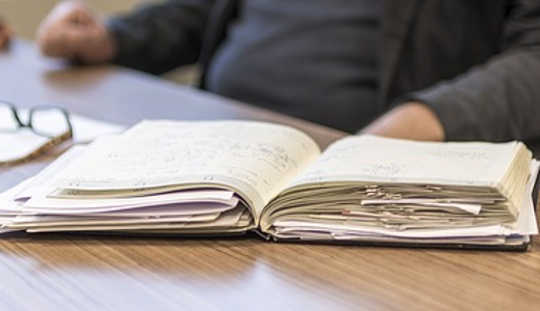
Science is like Michelangelo. The young Michelangelo demonstrated his skill as a sculptor by carving the ravishing Pietà in the Vatican; the mature Michelangelo, having acquired and demonstrated his skill, broke free of the conventions and created his extraordinary later quasi-abstractions. Science has trod a similar path.
- By Gabe Cherry
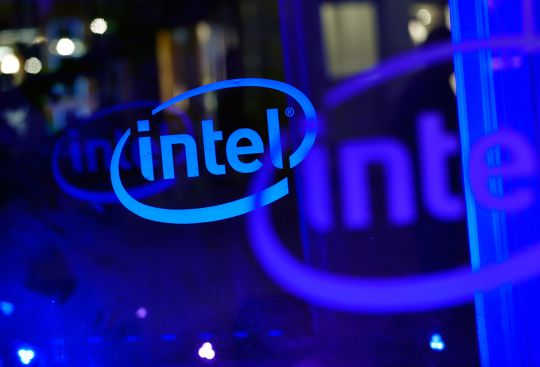 A newly discovered processor vulnerability could potentially put secure information at risk in any Intel-based PC manufactured since 2008. It could affect users who rely on a digital lockbox feature known as Intel Software Guard Extensions, or SGX, as well as those who use common cloud-based services.
A newly discovered processor vulnerability could potentially put secure information at risk in any Intel-based PC manufactured since 2008. It could affect users who rely on a digital lockbox feature known as Intel Software Guard Extensions, or SGX, as well as those who use common cloud-based services.
- By Henry Cowles
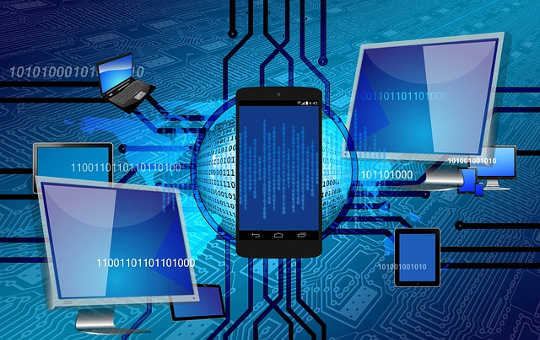
Sales of George Orwell’s utopian novel 1984 (1949) have spiked twice recently, both times in response to political events. In early 2017, the idea of ‘alternative facts’ called to mind Winston Smith, the book’s protagonist and, as a clerk in the Ministry of Truth, a professional alternator of facts.

Why do batteries die? And, why can they only be recharged so many times before they won’t hold a useful amount of charge? This same question has probably crossed the mind of every cellphone user trying to send one last text before the screen blinks off.
- By Daniel Brown
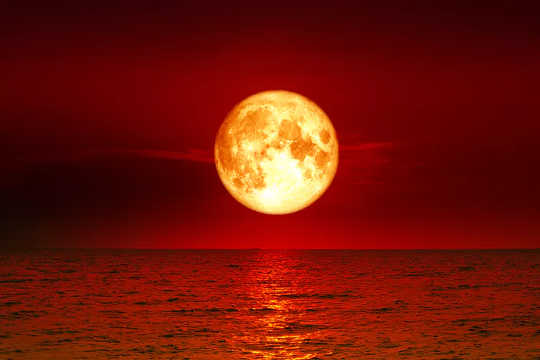
Millions of people will have the opportunity to see a lunar eclipse – an event popularly known in the media as a “blood moon” – on Friday July 27.
Underpants. We tend not to talk about them but they are a fact of life (unless you go commando).

Will the intelligent algorithms of the future look like general-purpose robots, as adept at idle banter and reading maps as they are handy in the kitchen? Or will our digital assistants look more like a grab-bag of specialized gadgets...
- By Adam Morgan
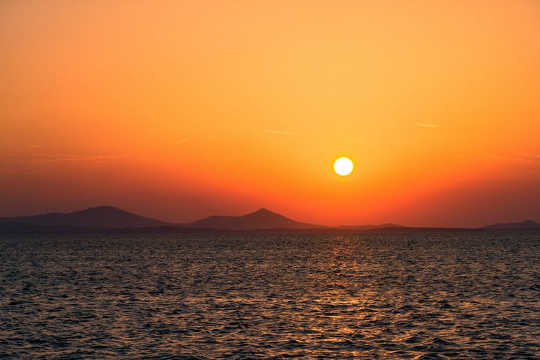
“A red sky at night is a shepherd’s delight! A red sky in the morning is a shepherd’s warning.” The “red sky” proverb has endured across cultures for centuries, and modern science can explain why this is so.
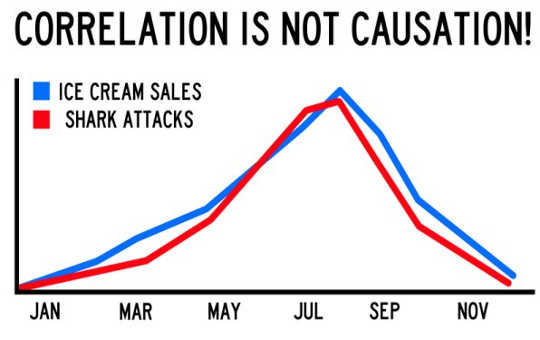 The old statistics axiom that correlation doesn’t imply causation is true, but causation can be drawn from more than one correlation.
The old statistics axiom that correlation doesn’t imply causation is true, but causation can be drawn from more than one correlation.
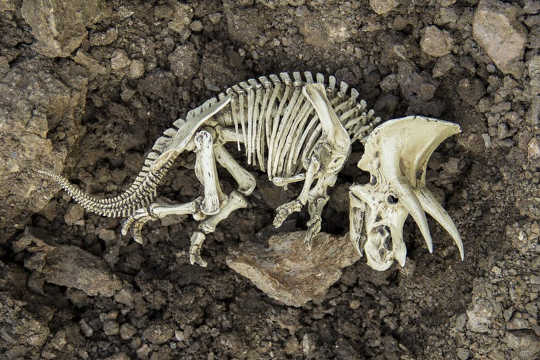
When Sudan the white rhino was put down by his carers earlier this year, it confirmed the extinction of one of the savannah’s most iconic subspecies.
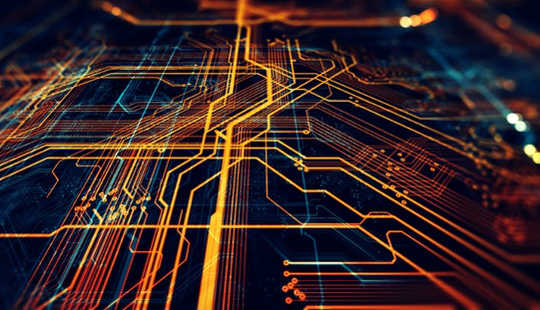
Movies such as 2001: A Space Odyssey, Blade Runner and Terminator brought rogue robots and computer systems to our cinema screens. But these days, such classic science fiction spectacles don’t seem so far removed from reality.
- By Moa Petersén
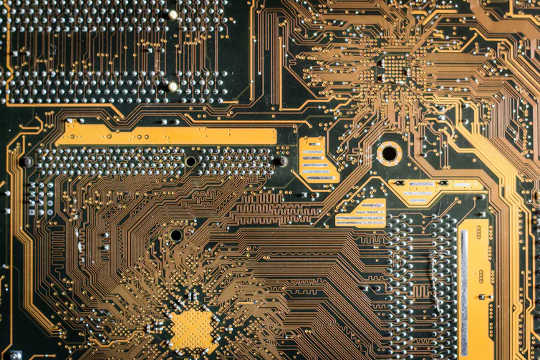
Thousands of people in Sweden have inserted microchips, which can function as contactless credit cards, key cards and even rail cards, into their bodies.
- By Nate Luce
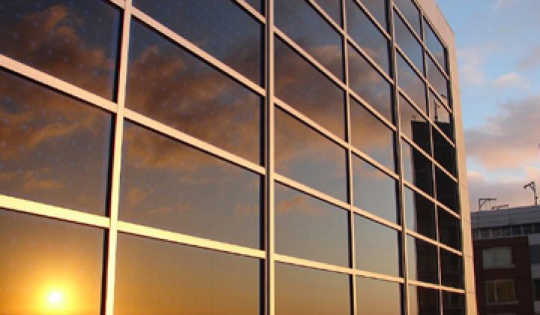 Researchers say they’ve solved a major fabrication challenge for perovskite cells—the intriguing potential challengers to silicon-based solar cells.
Researchers say they’ve solved a major fabrication challenge for perovskite cells—the intriguing potential challengers to silicon-based solar cells.
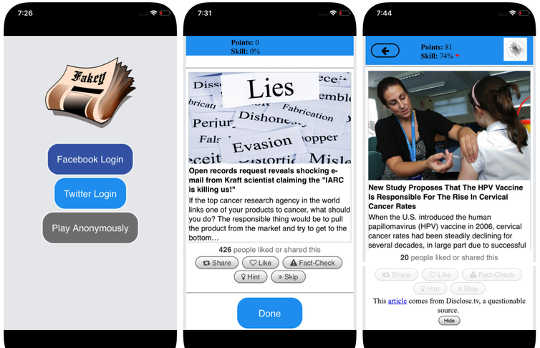 Social media are among the primary sources of news in the U.S. and across the world. Yet users are exposed to content of questionable accuracy, including conspiracy theories, clickbait, hyperpartisan content, pseudo science and even fabricated “fake news” reports.
Social media are among the primary sources of news in the U.S. and across the world. Yet users are exposed to content of questionable accuracy, including conspiracy theories, clickbait, hyperpartisan content, pseudo science and even fabricated “fake news” reports.
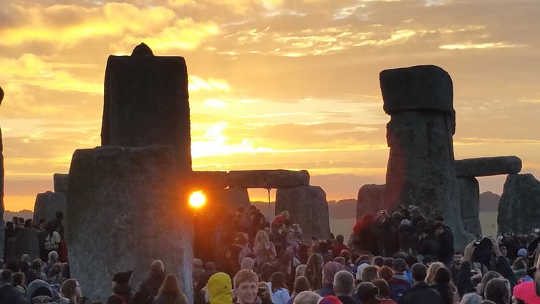
The summer solstice marks the official start of summer. It brings the longest day and shortest night of the year for the 88 percent of Earth’s people who live in the Northern Hemisphere.
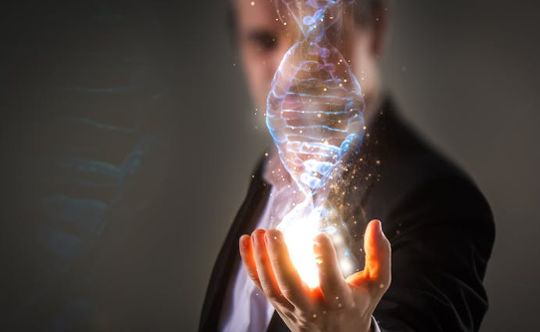
When humans’ genetic information (known as the genome) was mapped in 2003, it promised to change the world. Optimists anticipated an era in which all genetic diseases would be eradicated. Pessimists feared widespread genetic discrimination. Neither of these hopes and fears have been realised.
- By Laura Bliss
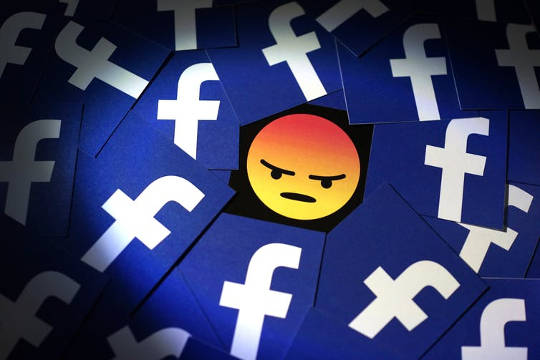
Facebook has for the first time made available data on the scale of abusive comments posted to its site. The figures do not make for pleasurable reading.
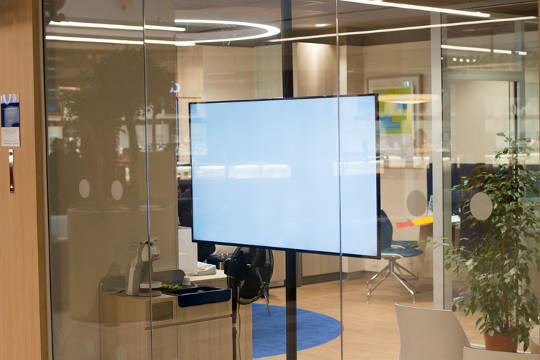
Imagine standing in front of a wall of windows, surveying the view. “Here is the video I wanted to show you.” At the press of a button, the view vanishes and the windows transform into a high-definition TV screen.
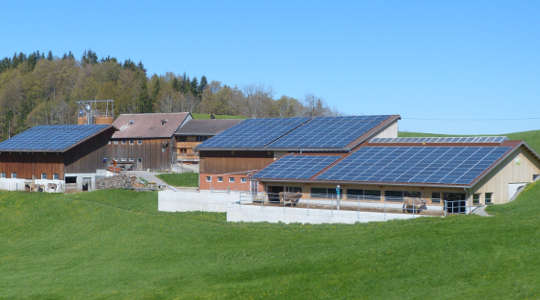
A new water-based battery could provide a cheap way to store wind or solar energy for later, researchers say.
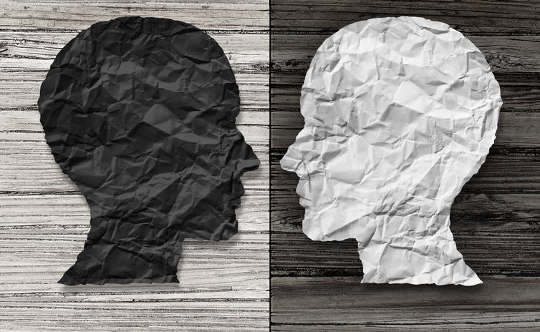
Currently, there are three important issues on which there is scientific consensus but controversy among laypeople: climate change, biological evolution and childhood vaccination.
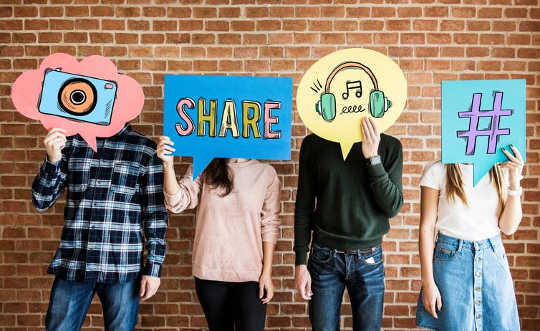
We’ve heard a lot in recent months about the dark side of social media: excessive use to the point of addiction, lack of privacy, and data capture without informed consent.

